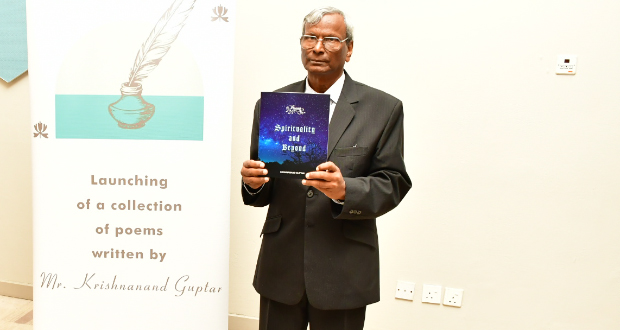Publicité
Amendments to make ICAC more efficient

The attorney general, Rama Valayden, aims at making the Independent Commission against Corruption (ICAC) more efficient and transparent. With this in mind, the Cabinet will discuss amendments to the Prevention of Corruption Act 2002 next Friday. However, the broad outlines of the amendments are already known. Commissioners may get the sack and the appointments committee may be dissolved.
The ICAC has been facing much criticism since its creation in 2002. Its aim was to create more trust in the system and to attract more investors to Mauritius. The institution was supposed to make people aware of the fact that fraud and corruption would no longer be tolerated in this country.
However, it has succeeded in none of these targets. The institution appears just as opaque and inaccessible as ever. None of its investigations have proved successful so far. About 30 cases have been opened but none of them has ended in any conviction up to now. The commissioner himself has been pointed at concerning an alleged fraud in the sale of a car.
In view of all these weaknesses, the least that can be said is that there is room for improvement. Rama Valayden must have realised this and intends to take advantage of the situation. The former government could have done it but chose not to move despite the numerous public statements of the then PM Paul Bérenger to castigate the ICAC and its commissioners.
Last year, he said in Parliament, “there is by now unanimity on the need to amend the ‘Prevention of Corruption Act’ with regards to the Independent Commission against Corruption.” After this statement, he criticised the ICAC each time he had the opportunity. But he never took appropriate and concrete measures to change the situation.
In its present form, the Appointments Committee (AC) is the only institution that can decide upon the commissioners’ fate. It includes the prime minister, the opposition leader and the president of the Republic. The fact is that the president, Sir Anerood Jugnauth, is the one who can convene a meeting of the AC. But he has never done so despite harsh criticisms by the PM and the then opposition leader Navin Ramgoolam, and even the full bench of the Supreme Court on certain occasions. All this led the public to think that the commissioners, especially Navin Beekarry, were Jugnauth’s protégés.
With his amendments, the attorney general will at the same time get rid of the three commissioners and reduce – in fact annihilate – the powers of the president over the ICAC.
The commissioners and his two assistants, Moussa Taujoo and Gérard Bisasur, would obtain three months’ salary for each year of service at the ICAC.
The amendments also plan to abolish the AC and replace it by a board chaired by a general director. The prime minister would appoint the director in consultation with the opposition leader. In other words, the president would no longer have anything to say on the issue.
The attorney general has already set up the profile of the perfect general director. He/she should be a former judge of the Supreme Court, or a magistrate with 10 years’ experience or a member of the bar for at least ten years. He would be in post for three to five years and would be assisted by the commissioner of police and someone with experience in finance, law, fraud and accounts.
<B>The Parliamentary Committee will have the powers to take disciplinary action against the general director if the latter proves negligent or is guilty of or misbehaviour.</B>
The parliamentary committee will have powers to take disciplinary action against the general director if the latter proves negligent or is guilty of irregularities or misbehaviour. In other words, it would act as a watchdog. In the event of such cases, the attorney general will appoint a moderator to ascertain if the accusations are justified.
These are some of the main amendments to be brought to the POCA. In fact, about 30 legal provisions could well be amended. In such a context, it is not surprising that the opposition is not very warm about such changes. Not only do they see in such a decision a “ploy” to get rid of the president but they also fear that the ICAC may become a “political tool” in the hands of the prime minister.
But the government seems set to implement such measures. After all, the former government missed the boat… on that issue. Now it is the turn of the other side to show that it can improve the situation!






